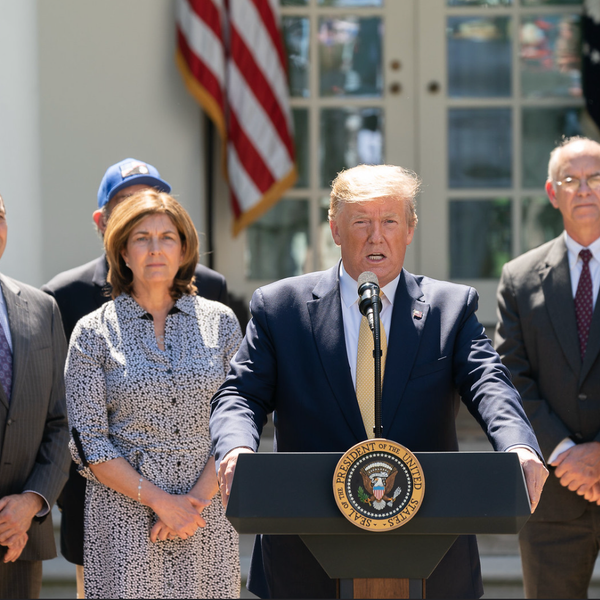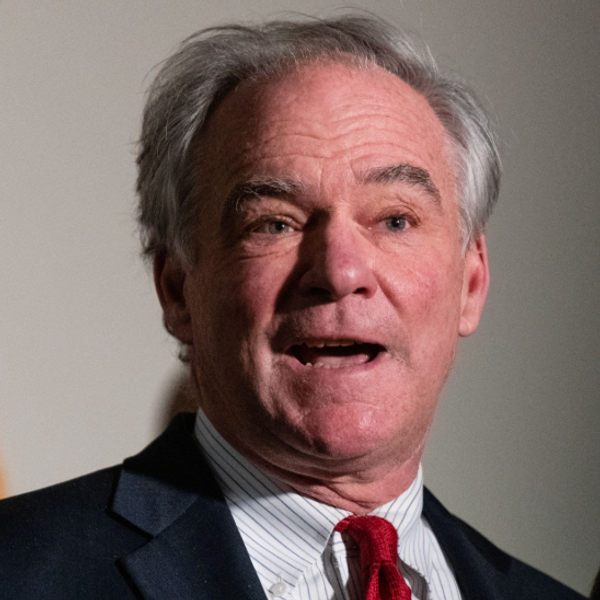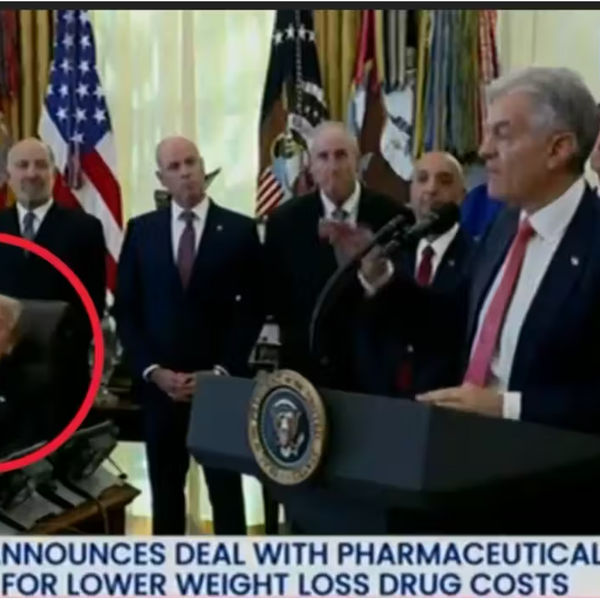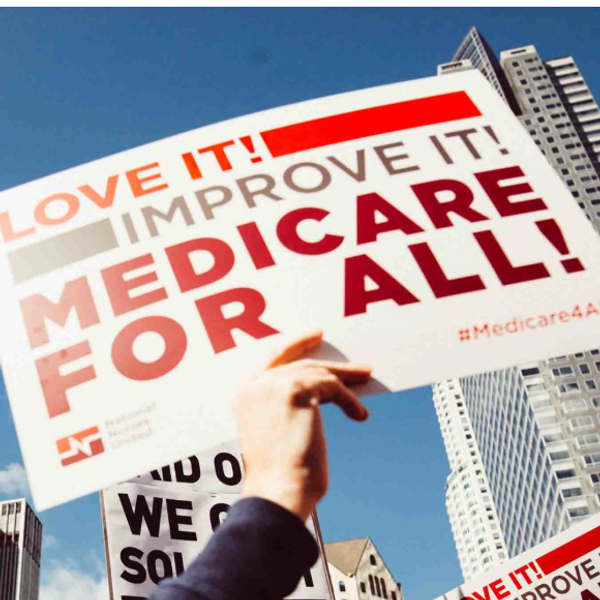
Dec. 11 (Bloomberg View) — In the middle of the last century the U.S. started building the Interstate Highway System. It’s now named after President Dwight Eisenhower, who shepherded its passage through Congress in 1956. Connecting the far-flung corners of this large nation, this 47,714-mile network allows commerce to flow freely. The cost of construction, adjusted for inflation, was more than $400 billion. By any imaginable measure, it was a wild success, and soon became the envy of the world.
The construction and maintenance was paid for mainly through levies on sales of vehicles, tires and related goods, and a federal gasoline tax that generates about $28 billion a year for the Highway Trust Fund.
The assumption was that the system’s maintenance and improvements would be paid for by users: Those who drove on the roads and highways. The fairest way to assess that was through a gasoline tax. Drive more or bigger vehicles, you pay more. Seems rather logical.
Fast-forward a half-century.
The gas tax has been stuck in a time warp. It was last raised in 1993, to 18.4 cents a gallon. Despite the passage of more than 20 years, with both ensuing inflation and an aging system that needs ever-more maintenance, there it has stayed. The Highway Trust Fund has been starved of cash, and is the process of going broke.
Ike wouldn’t be happy.
Do we need to recite the cases of deteriorating bridges and buckling roads? It’s become routine to detail the annual ratings of our infrastructure (D+), the loss of life when bridge collapses occur, and the increased costs of delay and loss of productivity. It is also a national embarrassment to see our infrastructure decay because of intentional neglect, short-sightedness and ideology.
Enough already.
Let’s take as a rule of thumb that large-scale public-works projects require annual maintenance equal to about 10 percent of construction costs. Apply that to the national highway system and that implies a trust fund budget of about $50 billion a year. That would require the gas tax to rise to about 30 cents a gallon, with adjustments in the future to account for inflation.
Oil prices have fallen 39 percent in the past five months. Gas prices have fallen more than 50 cents a gallon since 2013, according to the American Automobile Association. It would be painless to raise the gas tax by 12 cents a gallon.
Providing the trust fund with the money it needs would have all sorts of ancillary benefits: Various state and municipalities would have enough money to do local road improvements. Traffic would move more quickly and efficiently. Better highways would increase productivity, and save consumers and businesses billions of dollars a year in wear, tear and damage to vehicles. Updating our highways also might make them safer, reducing injuries and saving lives.
If we as a nation were smart, we should explore ways of making our transportation system more intelligent through the use of existing technology. This would allow us to move greater volumes of traffic more efficiently, saving everyone time and money.
An American who travels to Europe or Asia quickly learns that other nations have leapfrogged the U.S. system. There are many competitive advantages for companies in Europe and Asia, especially in China. Bringing our highway system into the 21st century would be a boon for the U.S. economy.
Unfortunately, the U.S. highway system doesn’t even meet late 20th-century standards. It is long past due for basic maintenance.
Why Congress takes so little pride in one of the great U.S. accomplishments is beyond my understanding. We should find out soon if Congress is the incompetent Parliament of Whores depicted by P.J. O’Rourke, or whether it can carry out even the most basic of government functions.
Photo: David Shankbone via Wikimedia Commons








